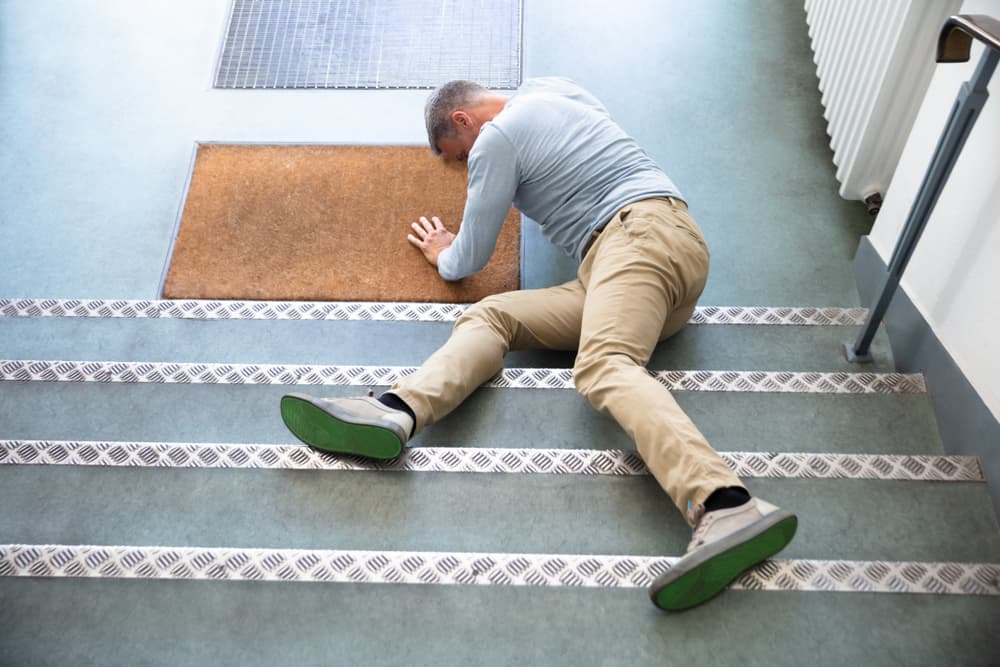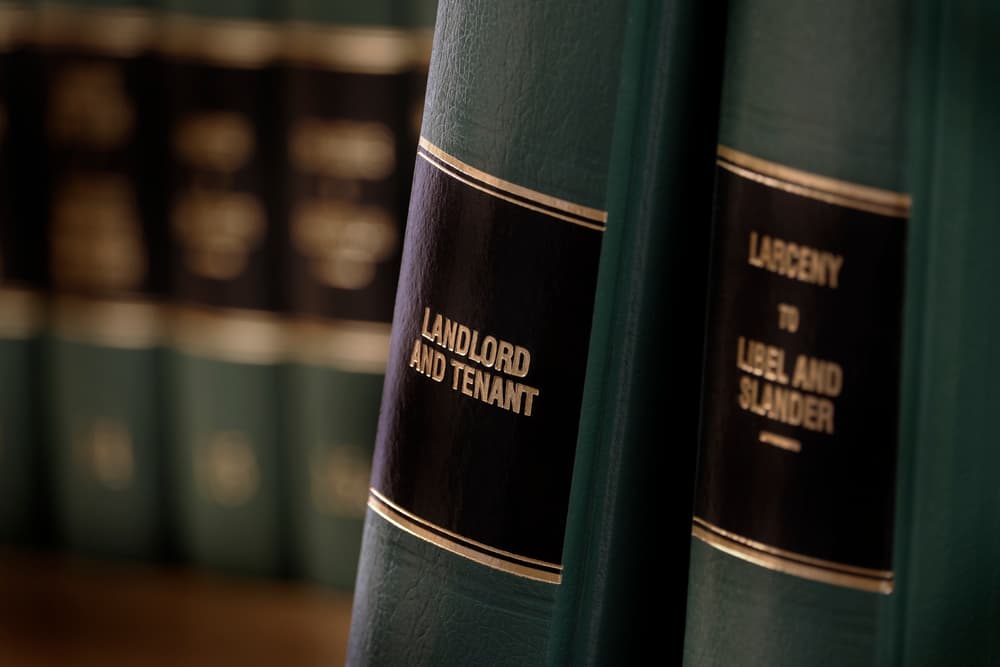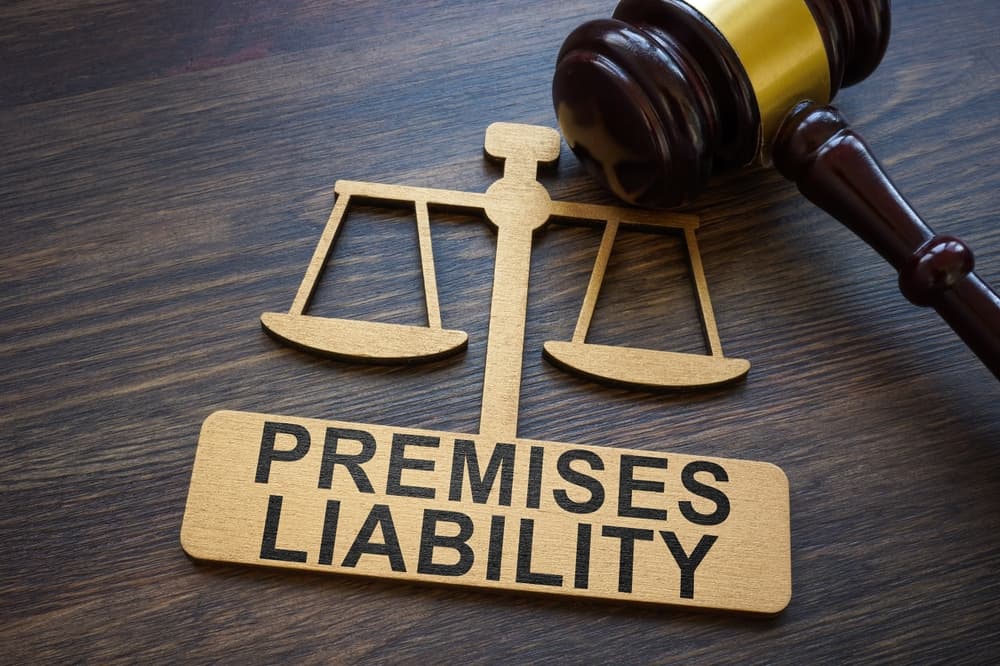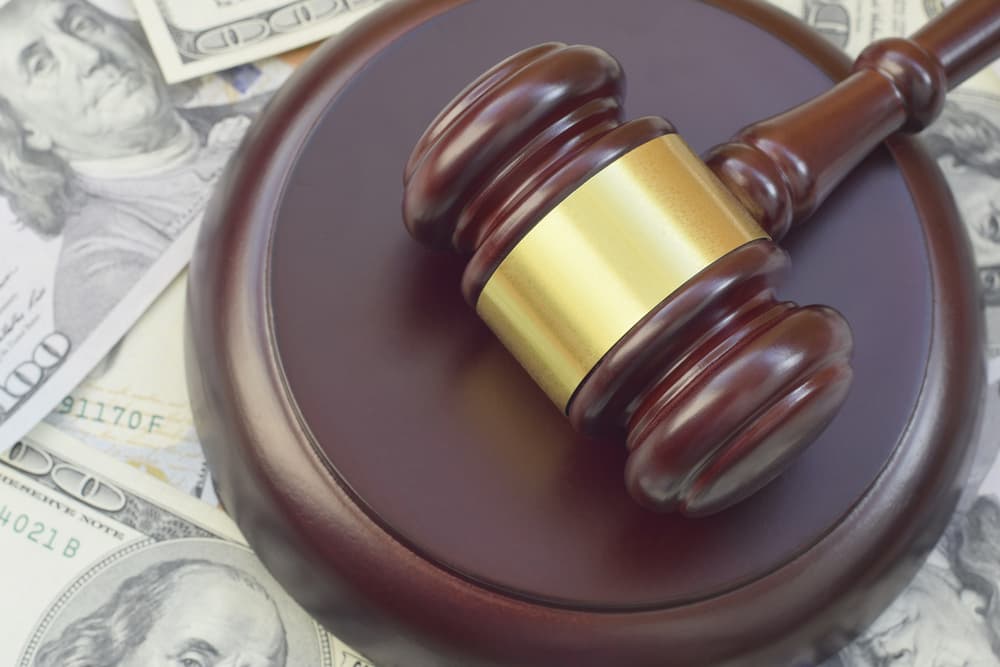Many Americans rent a home or apartment as their primary residence. Generally, the landlord is responsible for keeping the premises safe and free of major defects. What happens if you suffer an injury on the property? Is your landlord responsible if you get hurt?
This is an important question, and the answer depends on the circumstances. Learn all about landlord responsibilities in rental properties below. Then, speak to a Tampa premises liability attorney if you have a valid case.
What Is A Premises Liability Claim?

A premises liability claim is a personal injury case that involves an injury on another party’s property. According to state premises liability laws, you can obtain payment from the owner or landlord if you suffered an injury on the property.
The most common premises liability claim in rental properties involves falls, including slip-and-fall and trip-and-fall cases. Other common accidents are assaults because of poor security or lighting, injuries from falling debris, and electrical injuries from bad wiring.
You can suffer many different injuries in an accident, including broken bones, head trauma, spinal cord damage, internal injuries, and more.
Who Can File A Premises Liability Claim?
Most people can file a premises liability claim if they suffer a serious injury in a property managed by the owner or landlord. These individuals have a duty of care to you as a tenant. They also have a duty of care to any authorized guests in your home, such as friends or relatives you are allowed to have there. The only people the landlord doesn’t have a duty of care to are trespassers.
Who Can Be Liable In A Premises Liability Case?
It depends on the type of accident and where it happens. If you are a tenant in a rental house or apartment, the owner or landlord may be liable for a hazard that injures you. Owners and managers of retail stores, hotels, and condominiums also may be liable in a premises liability claim.
Premises Liability Laws Vary By State
Every state has different laws that address premises liability issues, including what happens if a tenant suffers an injury in a rental property. For example, Florida law says a negligent landlord is responsible for foreseeable injuries. This is because the landlord had a duty to address a possibly hazardous condition but didn’t; however, like any personal injury claim, who is liable and in which situation depends. The devil is always in the case details.
What Are A Landlord’s Obligations?

In Florida and many states, negligence law usually states that if a person had a duty of care to protect someone but didn’t, the injured party may be entitled to compensation. State law in Florida requires landlords and property management firms to do the following for their rental properties:
- Maintain the rental property to protect tenants from harm.
- Ensure the rental property meets building, fire, housing, and health regulations.
- Inspect the unit or house to ensure that floors, stairs, balconies, handrails, and porches are free of hazards. To ensure safety, the landlord should also check electrical service, plumbing, doors, and windows.
- Maintain and repair the unit or home before a new tenant arrives. They should also provide repairs when the tenant requests them in a reasonable time frame.
If you suffered an injury because the landlord failed in these obligations, the owner or landlord could be liable for your losses, such as medical bills, lost income, mental anguish, and pain and suffering. Some examples may include:
- Being injured because a rotting set of stairs collapsed and you fell and broke your ankle.
- The lack of handrails on the steps caused you to slip and hit your head.
- Ice and snow on the sidewalk caused you to fall and break your hip.
- A fire injured you because of faulty electrical work, and there was no fire alarm.
- A violent tenant injured you, and the landlord knew they were violent.
The owner or landlord may not be liable for your injuries if the hazard was obvious or you received a warning about the defect. For example, suppose a water leak outside the house makes the porch slippery. Your landlord warned you about the condition and posted a Wet Floor sign on the wall. If you slip-and-fall, you may find it difficult to obtain compensation because you received a warning, and the defect was obvious to a reasonable person.
However, even if you think the hazard was obvious, have a personal injury attorney review the claim. These cases are complicated, and you may be due compensation anyway.
When A Landlord May Be Liable For Injuries
You and your personal injury attorney must prove the following to obtain damages in a premises liability claim:
- Your landlord had a duty of care to you. For example, the landlord had a duty of care to ensure that the stairs in your home were safe and the handrails were firmly attached to the wall.
- When the handrail broke free, the landlord violated their duty of care, and you fell down the steps.
- You suffered injuries in the fall, such as a broken arm and a concussion.
- You incurred damages from the injuries, such as medical bills and lost work time.
An injured tenant can typically file a claim with the property owner’s insurance policy to collect damages. If the insurance company doesn’t offer a fair settlement, you also can file a personal injury lawsuit.
How The Insurance Company Reviews A Premises Liability Claim

There are many factors that the insurance company or jury will consider when deciding if the landlord is responsible for the tenant’s injuries and other damages:
- Who was in control of the allegedly hazardous condition? Was it something that the landlord should have kept safe? For example, if there is a piece of loose carpeting, and you tripped and fell, this is a hazardous condition that someone should have fixed.
- Was the landlord aware of the danger, or should they have been? The insurance company or jury will likely conclude that the landlord should have known that a carpeting section was loose and can injure someone.
- How foreseeable was it that the hazard could cause injuries? A reasonable person can conclude that loose carpeting in an apartment can cause a serious slip-and-fall injury.
- How much will it cost to fix the hazard that can cause harm? If the repair is simple and inexpensive, landlord liability is less likely.
- Did the landlord take steps to avoid the hazard? For example, perhaps the landlord had already secured loose carpeting that can injure someone.
- Can you prove that the landlord’s negligence caused the injuries? For example, it can help your case if you text the landlord about a loose carpet that can trip you.
Remember, you must prove that the landlord or property owner violated their duty of care and is liable for your injury. Not every accident in a rental property falls on the landlord or owner.
For example, suppose a tenant is intoxicated and falls down the front porch steps and breaks their arm and ankle. There wasn’t anything wrong with the steps or handrails, so this accident didn’t occur because there was an unaddressed hazard on the property.
What Damages Can You Obtain In A Premises Liability Claim?
Let’s say the landlord violated their duty of care and didn’t fix a condition that injured you. You and your personal injury attorney can demand the following compensation, depending on your injuries:
- Medical expenses: Did you need medical attention because of your injuries on the property? Your attorney will compensate you for all related medical care, including past, present, and future treatments. An important task is to ensure you receive all the care you need in the future if you have a temporary or permanent disability from the accident.
- Lost income: A serious accident caused by your landlord’s negligence may mean you miss work. You should receive payment for lost current and future income, including if a serious injury causes you to lose future earning capacity. For example, a serious head injury from a fall in the home you rent can mean you can no longer work the job you have previously.
- Pain and suffering: You also should be paid for pain, suffering, and mental anguish stemming from the injury and treatments.
Your personal injury attorney will work tirelessly to accurately value your claim and damages. They also may hire professionals, such as medical professionals and economists, to value your damages.
What Does A Personal Injury Attorney Cost?

Your landlord’s negligence led to the hazardous conditions that injured you. You can’t work, and bills are piling up on the counter. How can you afford an attorney to represent you? You can!
Personal injury attorneys in premises liability claims receive payment by a contingency agreement, which means they get paid from your settlement or jury award. You do not pay out-of-pocket legal expenses, so you have no upfront cost. Most personal injury attorneys, such as expert witnesses, also pay for legal expenses. All expenses incurred during the case usually get deducted from your compensation.
Most personal injury attorneys charge between 25 percent and 40 percent of the money the plaintiff receives. Make sure you understand how much your personal injury lawyer will earn. Clarifying this upfront helps you avoid surprises when you settle your case.
Can I Get Money From My Landlord Without An Attorney?
Some injury victims consider handling their injury claims. You should know the following before trying to negotiate with the insurance company for your landlord or property owner:
- There is no assurance that the landlord will compensate you for what you deserve. The landlord may laugh off your attempt to squeeze money out of him. They may not admit fault. Even if they do, they will probably pay less than you deserve.
- A premises liability case takes time and energy to conclude successfully. Getting the most money for your injuries is difficult, especially without legal experience. Do you want to worry about this stress when you’re injured?
- Your lawyer will safeguard your rights. The landlord, property owner, and insurance company want your case to fail. Your personal injury attorney will protect your rights, and you have the best chance for a good outcome.
- Handling your claim can affect your health and finances. Proving a premises liability claim is expensive, and the stress can compromise your mental and physical health.
Common Rental Property Premises Liability Myths
There is a lot of misleading online information about these cases. Common myths about rental properties and landlord liability are:
- A warning sign means the landlord isn’t liable: Posting a warning sign doesn’t necessarily allow the owner or landlord to escape accident liability. It can be more difficult to prove negligence if there is a warning sign. However, the presence of a sign does not mean the landlord escapes liability. How visible the sign was and other factors may mitigate this defense.
- The insurance company wants to support you. On the contrary, the rental property insurance company wants to deny your claim if it can. It doesn’t care about you. The insurance adjuster may seem helpful and friendly, but they are probing for ways to reduce your claim. Your best bet: Don’t talk to the insurance company. Instead, retain a personal injury attorney to talk to them.
- You don’t have a claim: Many renters don’t realize they may have a valid injury claim if injured on their landlord’s property. Your attorney should review any injury suffered on a rental property for legal options.
Contact A Premises Liability Attorney Now
Were you injured in an accident on someone else’s property? You can receive compensation in a premises liability lawsuit. However, navigating a complex premises liability claim in Florida without a personal injury lawyer is difficult. Speak to a personal injury lawyer today to determine if you have a viable case. If so, you can be eligible for payment for your medical bills and more. You won’t pay legal fees unless your premises liability lawyer wins your case.